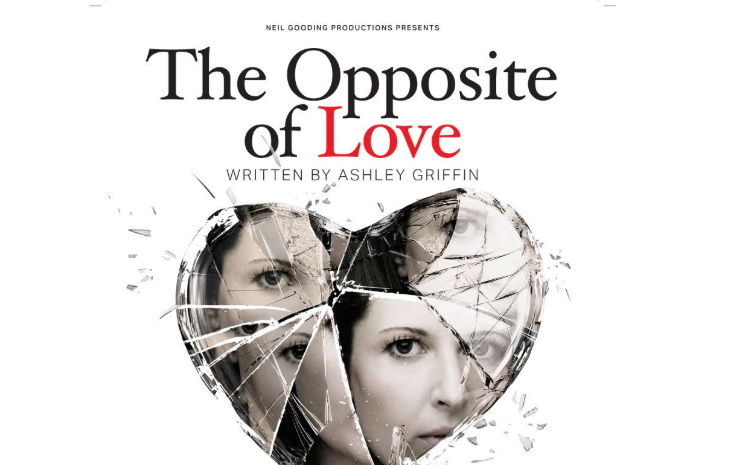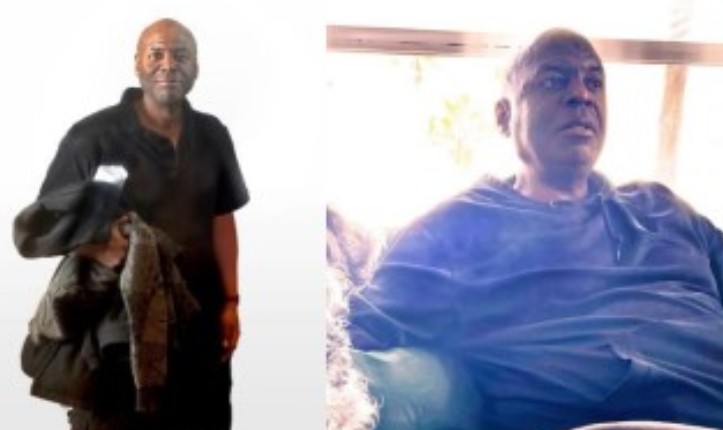The gardener sprays down the windows on a beautiful September afternoon at the Venice home of Victoria Duffy Hopper. This late in the year the sun is at its zenith in the sky – a metaphor Hopper and her friend/partner Jamie Lynn McGurk, fellow Democratic Party fundraiser and philanthropist power broker, mirror in mutual hope for a victorious November 4.
Infused with the tenets of Drew Westen, Ph.D. and his book The Political Brain, and with their own vision, experience, and insights, McGurk and Hopper base their effort to bring private sector marketing and communications tools to the Democratic Party’s efforts in this year’s historic election on their years of power Hollywood fund-raising, hewn communication skills, and effective thought.
Since 2007, Hopper, a political activist since childhood, is Director of the Southern California Women for Obama, fundraising within the Obama campaign; McGurk, long an activist and donor, is working solely outside the campaign. Hopper, a native of Boston whose acting career brought her west, recalls, “At age six I put a petition together over some neighborhood issue and canvassed for signatures door to door.”
The term “sea change” has come into our everyday-speak as an allusion to profound and major transformations. On this brilliant autumnal equinox afternoon, locals Hopper and McGurk, partners in SeaChange Communications formed in 2007, shared ideas with the Mirror.
Both affirm, “I believe in a ‘we’ society, not a ‘me’ society.” This core belief is one underpinning their company, which provides stellar communications and marketing strategies to the nonprofit sector to disseminate truth and facts to the public, and stimulate discussion and debate. McGurk states, “I was appalled by the failure of the Kerry campaign to use its funds for effective marketing and communication tools … thereby contributing to that campaign’s loss .…” McGurk quotes author Westen that the Democrats need to counteract the Republicans’ effective communication strategies: “[The Republicans] have been playing chess, keeping six moves ahead of us, while we were playing checkers.”
McGurk, with an MBA from University of Chicago and years at Benton & Bowles advertising agency in New York, came to Hollywood with her MBA husband, Christopher McGurk, former Vice Chairman and COO of MGM, now CEO of Overture Films. She admires the dynamics of fundraising in Hollywood: “… philanthropy is mainly driven by highly effective power broker women … like Heather Thomas [and] Arianna Huffington.” (Thomas, an actress, author, and activist, is an alumna of Samohi and UCLA.)
On the psyche of the American public, Hopper states, “General working Americans are stressed with all they have to handle – they need reliable education or a forum on facts … to become engaged in the dialogue is critical … not to do so can have tragic consequences.” Further, she is concerned about the next President’s power to appoint Supreme Court justices: “It’s a lifetime appointment and we can’t get it wrong…. Constitutional rights are being threatened, the very Constitution is in jeopardy, particularly personal privacy.”
McGurk, in response to what she calls the Republicans’ VP choice as pandering to a knee-jerk woman-in-the-White-House vote from American women, says, “That ploy is … despicable … cynical behavior of McCain’s staff/handlers … no one is attacking the factor of lack of judgment on McCain’s part.” McGurk has faith that “the public are not cynical yahoos … they are in line with Democratic values.” Hopper is confident that the Republicans’ assumption that working Americans “have low attention to [the] campaign in general … and low information by voters” is not a workable strategy, adding, “U.S. women are smarter than that; in fact, all U.S. voters are smarter.”
As to the most important issue of the campaign, Hopper states, “I look at it in a bigger sense … it’s about the philosophy the country is going to pursue,” adding, “it’s about serious positive changes and most importantly ‘course correction.’” Although in agreement, McGurk responds practically to the question: “The economy, but that encompasses many arenas, as in clean energy … but the war plays into the economy, of course … so no issue can be separated off the economy.”
Both subscribe to the concept of “whole world-view values,” as opposed to what they call a Republican forum of “parochial values.” While respectful of any POW’s experience, “It doesn’t qualify one to run the country,” says Hopper. “Republicans are selling an image of what McCain used to be … moderate … straight-shooter … contrary to present image and reputation,” she continued.
Serious as they are, humor invades any conversation with them. In talking about the concepts of women in the political arena, McGurk relates the story of Hopper, as a trustee of the Kerry campaign, having to present her ID badge at Boston’s Fleet Center as “Mrs. Dennis Hopper.” Hopper laughs and says that was true, but as a member of the Platform Committee at this past DNC in Denver, she got into Pepsi Center on her very own name! They both chuckle over instances where they’ve been identified as “wife of …” but being strong, effective powerhouse women forging changes and forming political debate and thought, they take it all in stride. They know who they are.






















